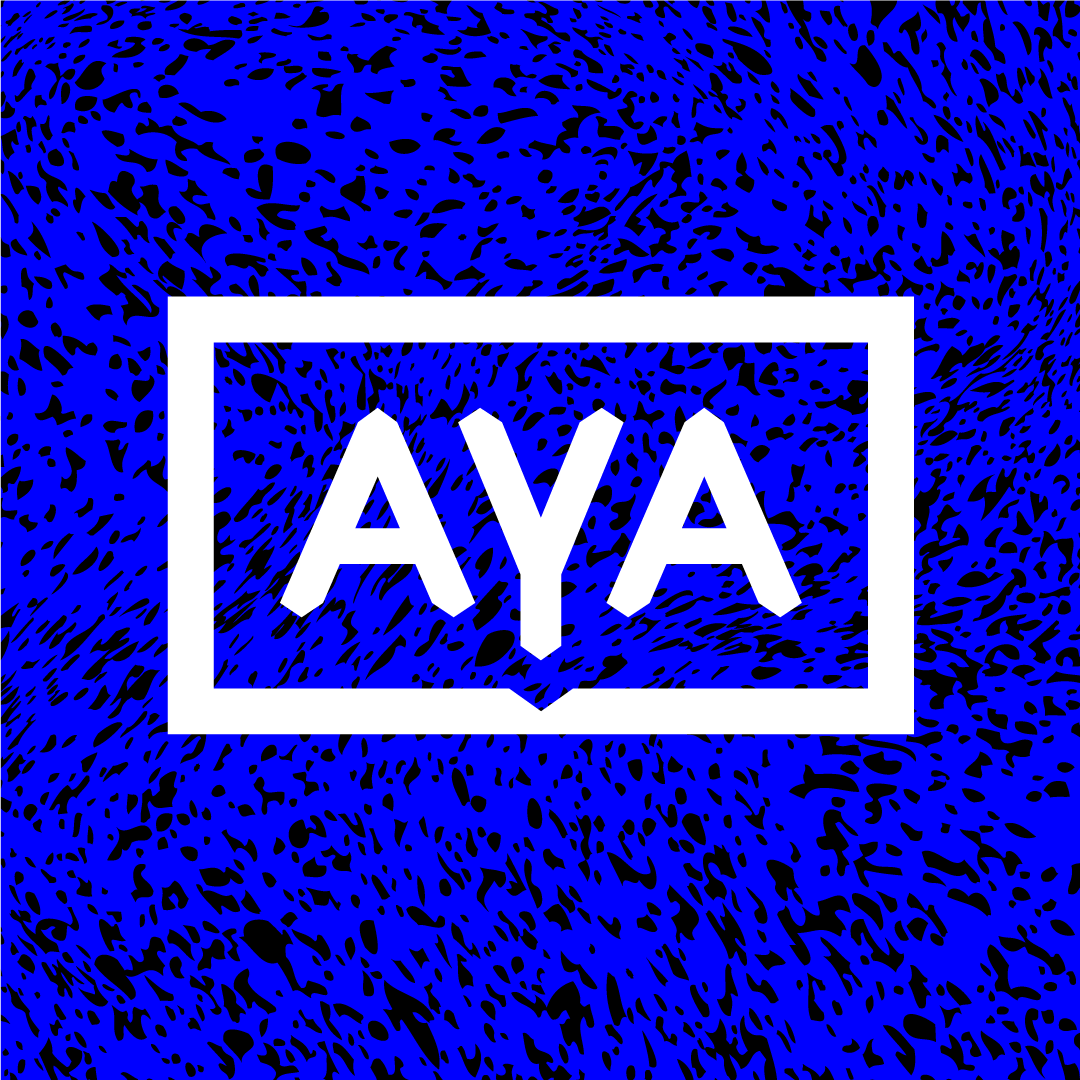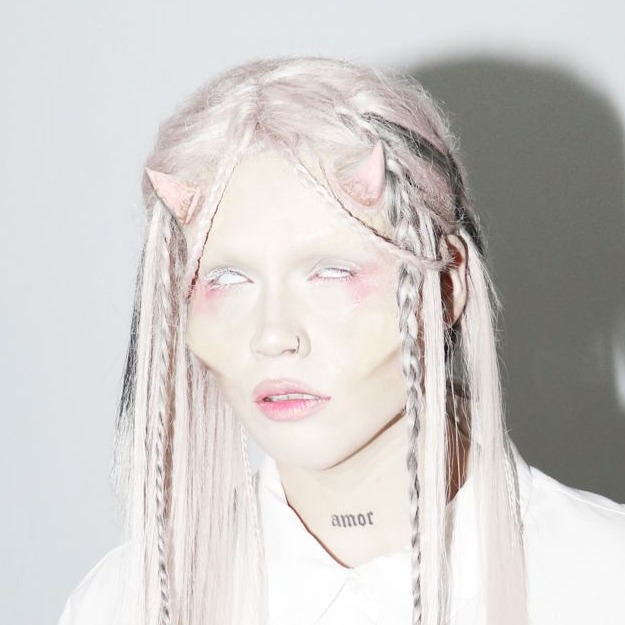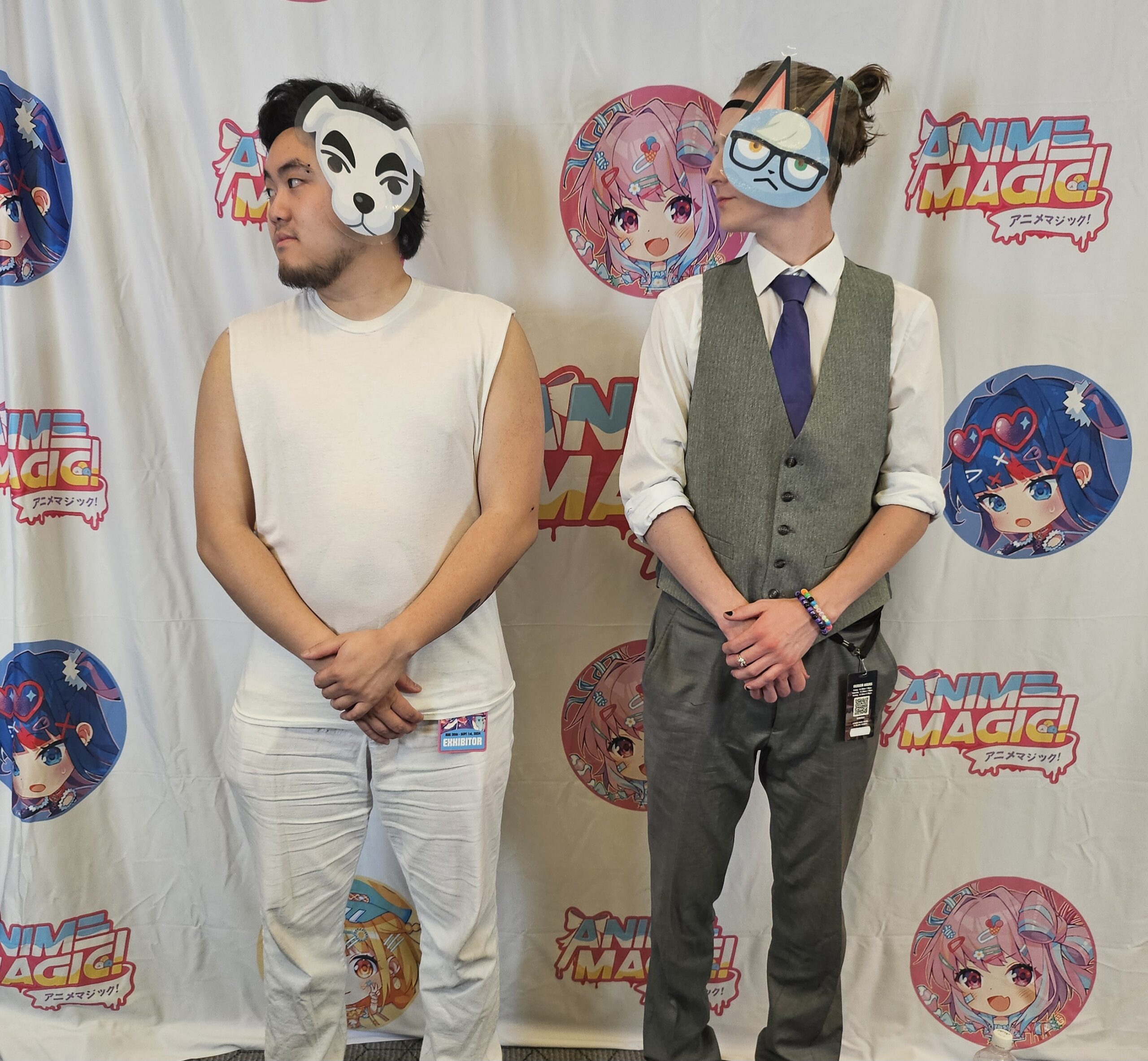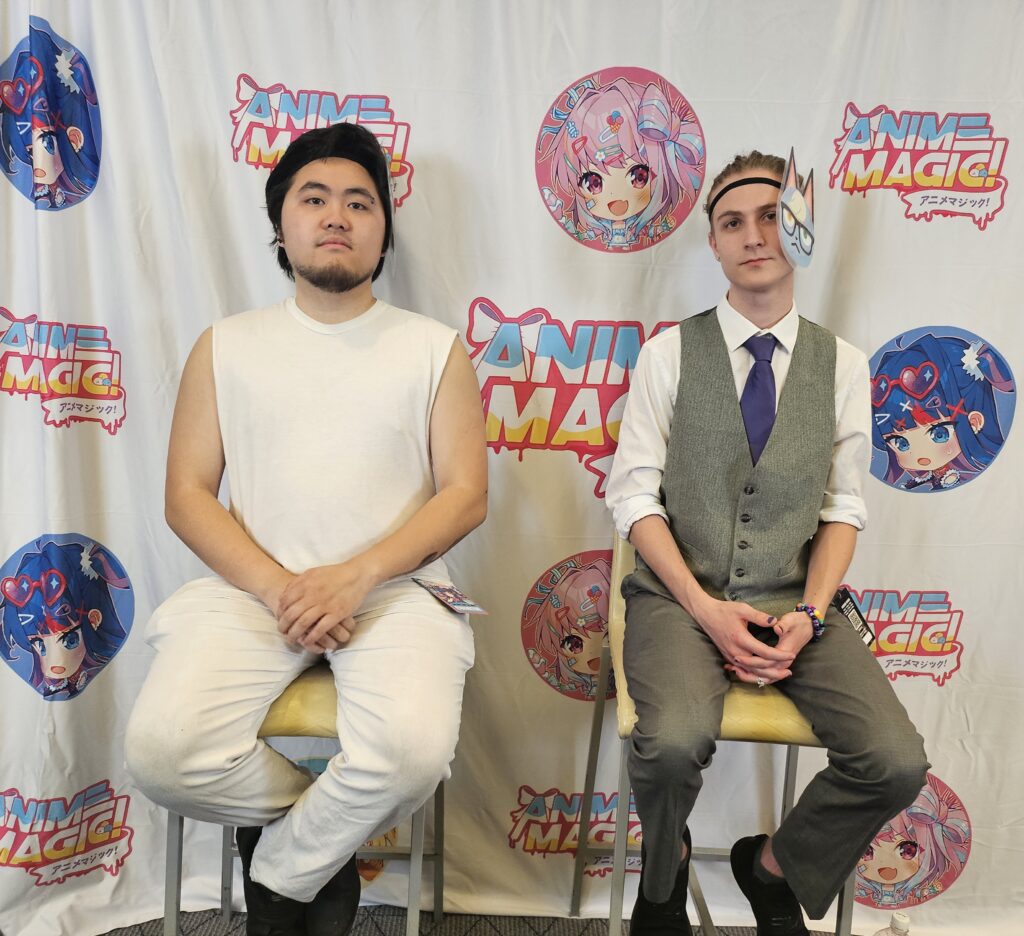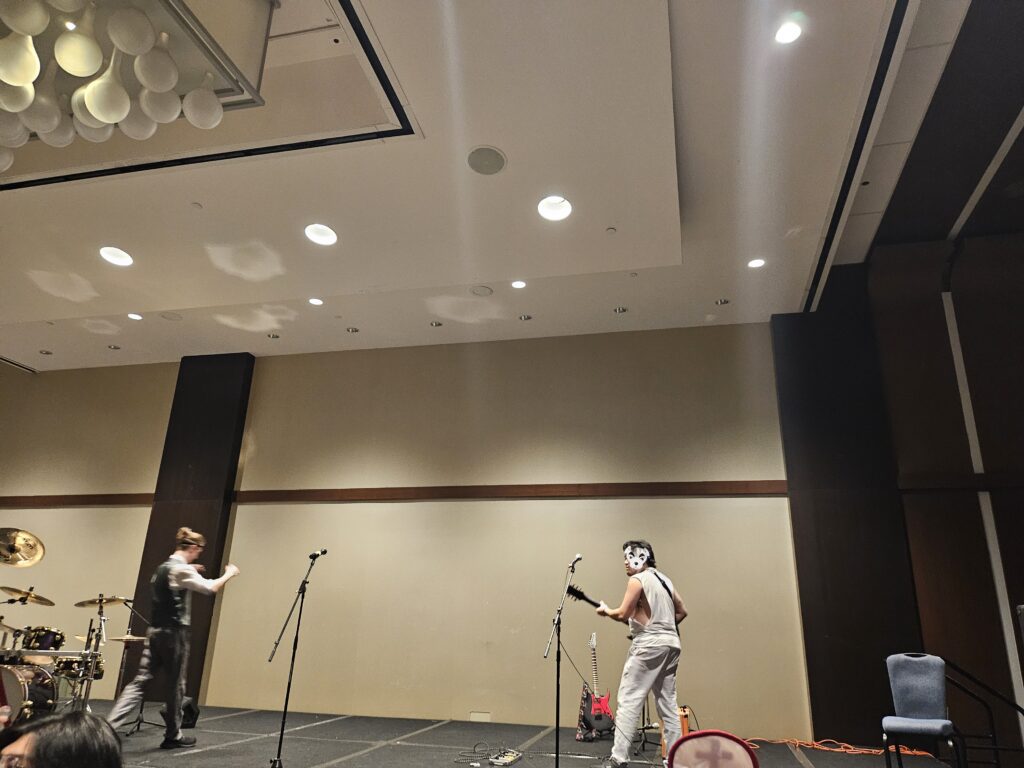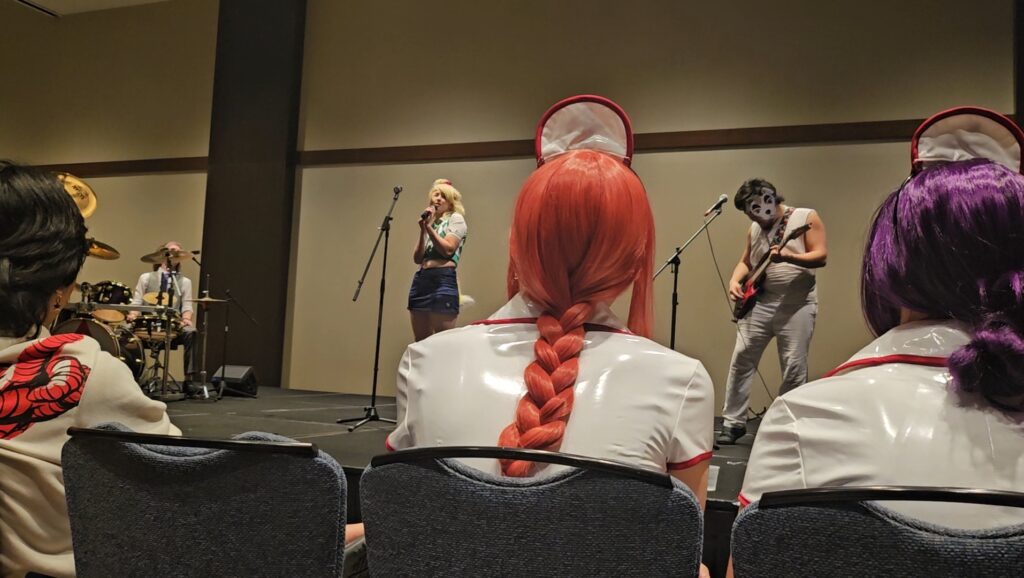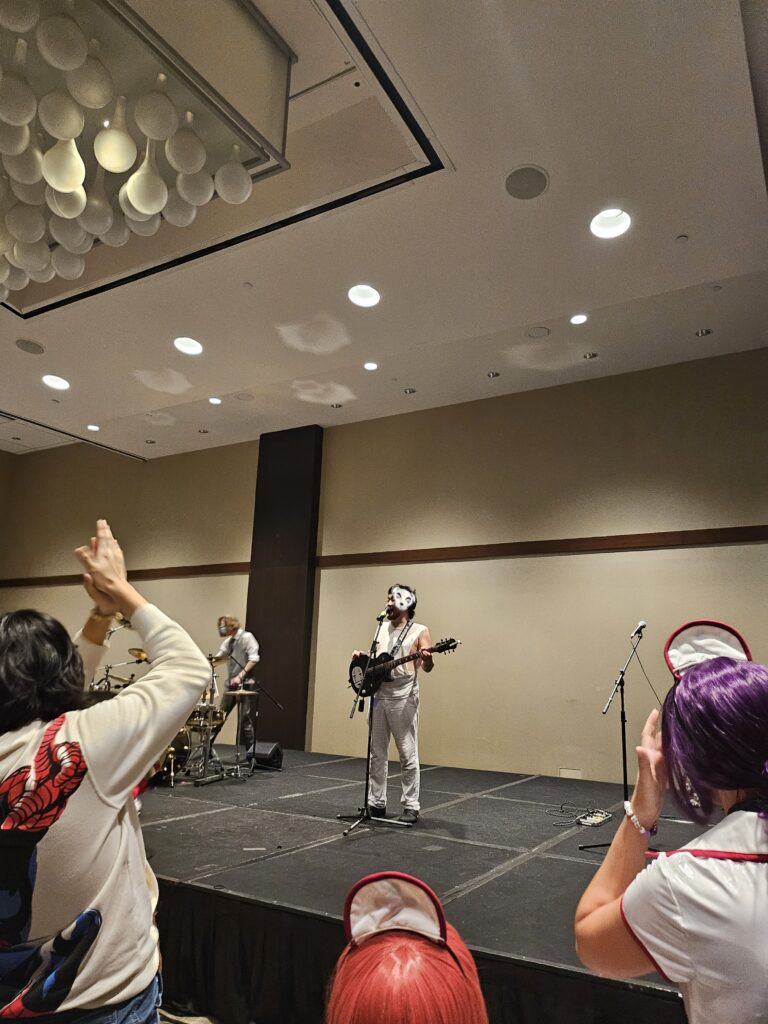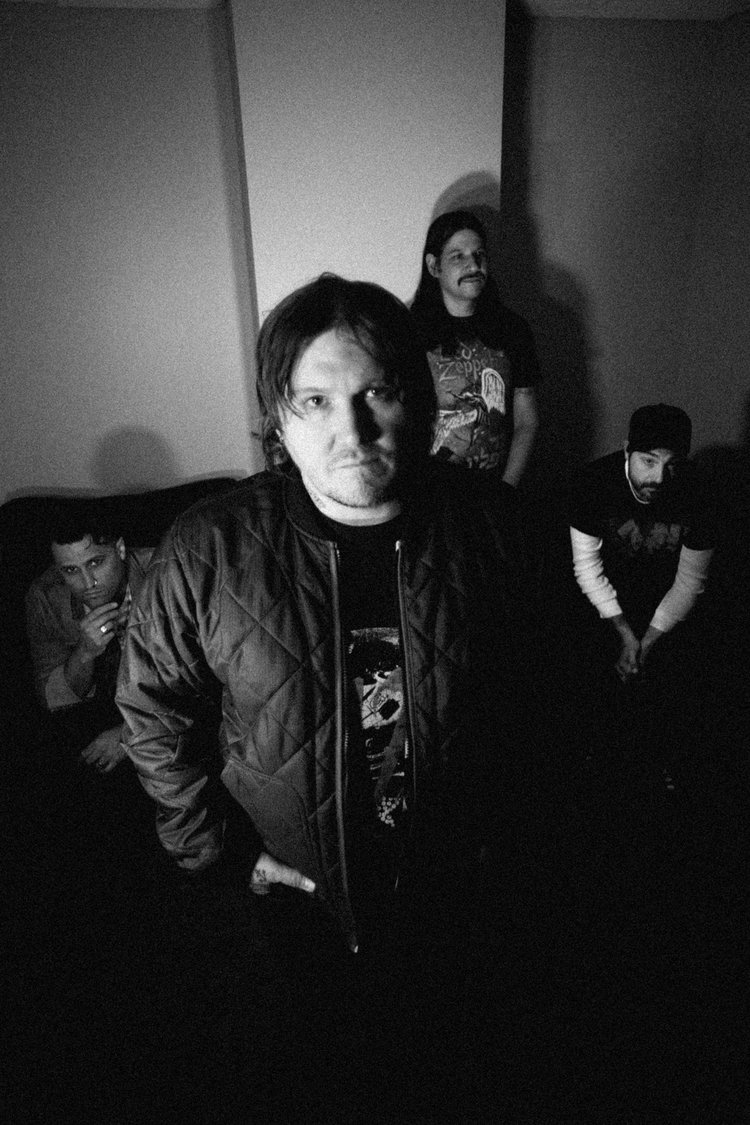“AYA is a new imprint of ZZK Records focused on contemporary Latin American musical expressions. Our focus is to provide a solid platform for exciting new sounds to be seen and heard. We may even throw in a couple surprises in the mix just to keep things interesting.”
Artists: Son Rompe Pera
